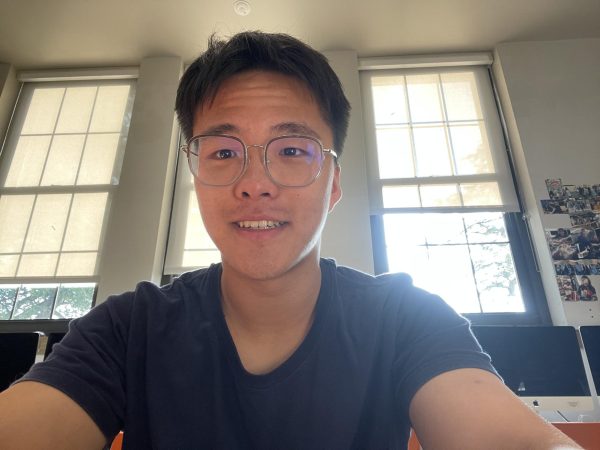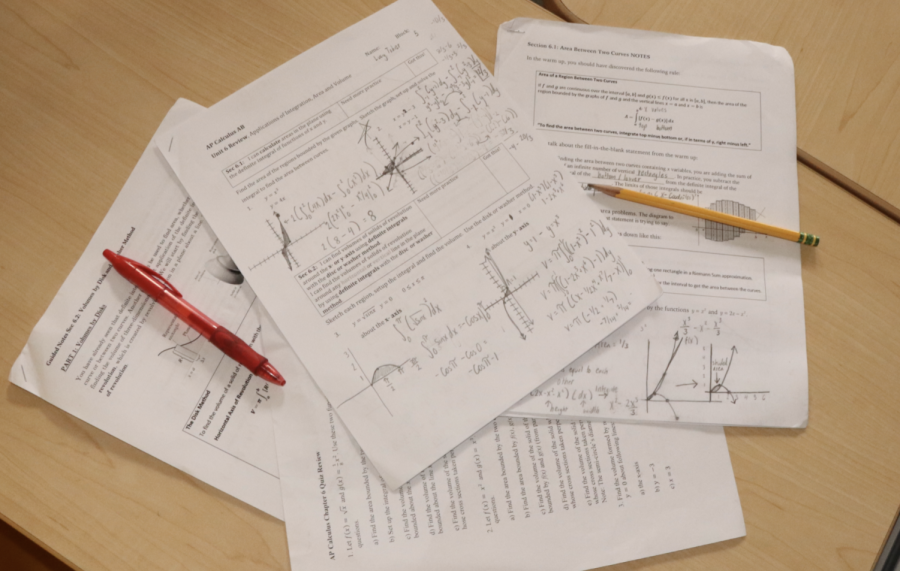Math Practice: Is it Necessary?
In math class, practice plays an essential role. Students are assigned homework and classwork by their teachers. But do they need to be?
According to Mark Chubb, author of Thinking Mathematically, “To many, the term “practice” brings about childhood memories of completing pages of repeated random questions, or drill sheets where the same algorithm is used over and over again.”
The understanding of the term “practice” is sometimes negative for many people. Many argue that it misleads students of when and where to use it. A study showed students will simply switch off when they think their role is to passively accept a method and repeat it over and over (Boaler and Greeno, 2000).
There is also a theory that the practice in textbooks is too simplified. Students could not name the different examples because the textbook authors had given ‘perfect’ examples each time. And the “perfect” practice misled the students and made them unable to identify the different problems.
However, a 2018 piece written by Barbara Oakley in the New York Times said practice is essential to students. Oakley wrote about the benefits of extra required mathematics practices. In Malcolm Gladwell’s bestselling book “Outliers,” he develops the idea that it takes roughly 10,000 hours of practice to achieve mastery in any given field. After you’ve practiced and practiced, at certain times, you achieve mastery.
Students don’t need to take a single method and practice it over and over again. Students are not experts, and overwhelming practices will not give students ideas, concepts and relationships that make up expert performance.
Many believed that the extra practices shouldn’t be applied just to a few mathematical skills, but as the subject as a whole. Despite the controversy, many still believe that practice helps students improve and enhance their skills. Whether extra required practices are bad or good for students remains a question and also an argument.










